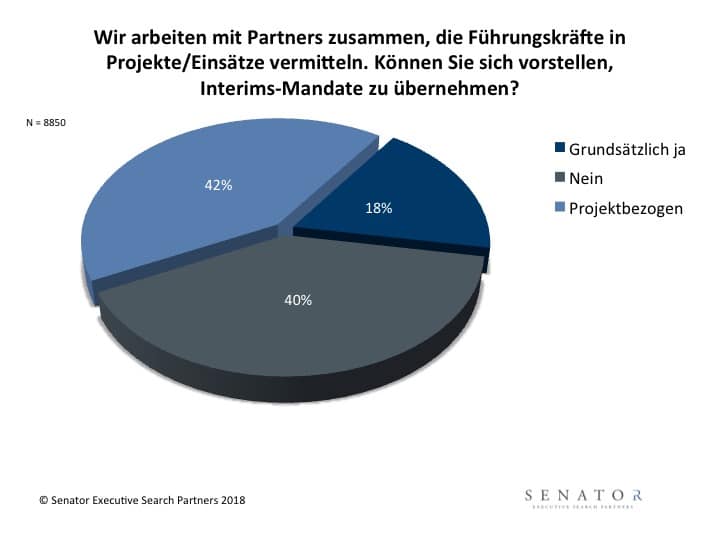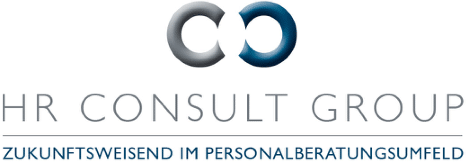Companies that need support in crisis management or need to fill a vacant management position on a temporary basis often fall back on so-called interim mandates. One area of application is project work when the capacities or project management know-how of the respective company are insufficient. Other possible applications include special topics for which a company does not need to have one or more experts on staff on a permanent basis.
But how willing are specialists and managers to accept such interim positions? This was one of the questions asked by the HR experts at HR Consult Group in a survey of over 10,000 participating candidates. The aim of the study is to get to know the wishes and needs of candidates even better in order to tailor the services offered by recruitment consultancies as precisely as possible.
Back to the initial question: Do candidates even want to accept temporary management positions?
Yes, they want to!
When asked about interim mandates, the vast majority of respondents (60%) were willing to take on such positions. Of these, slightly less than a fifth of respondents (18%) stated that they were prepared in principle to fill an interim position. In doing so, they consciously accept the short-term nature and the special challenges that such jobs entail. At 42 percent, a large proportion of participants would accept project-based interim positions, thereby defining a fixed (thematic) scope of activity from the outset. However, 40 percent of candidates would not want to take up such a position.

Interim positions are often associated with rather difficult and sometimes unpleasant tasks, such as restructuring or the closure and liquidation of a company. It is therefore not surprising that many of the candidates surveyed are not interested in such a position. Particularly ambitious jobseekers, on the other hand, can find fulfillment in the often tricky problems. Once the case has been solved, the next challenge awaits the candidate in the form of another interim position.
About the author

After studying automotive engineering and industrial engineering, he began his professional career in the automotive industry in the areas of sales, development and marketing and also spent a year in Japan with one of the largest automotive suppliers.
He then moved to a globally renowned premium car manufacturer, where he was responsible for product marketing in Japan and South America and for marketing strategy in North and South America.
In 1994, he decided to become self-employed and founded a personnel consultancy in Munich, where he has been driving development and expansion for over 20 years. As Managing Director, his industry focus is naturally on the automotive world as well as mechanical and plant engineering.
His doctorate in the field of aptitude diagnostics ideally rounds off his areas of expertise, particularly with regard to personnel and management consulting. The dissertation deals with the identification and verification of typical personality traits of engineers as well as the definition of development areas for a successful professional career.
These are scientifically derived and presented in the book "Eignungsdiagnostik im Praxiseinsatz".
At the same time, his focus is on the development of networks and cooperation models as well as the continuous further development of systems and processes in personnel consulting.
Over the last 20 years in personnel consulting, he has developed several brands that are still operating successfully on the market today.



